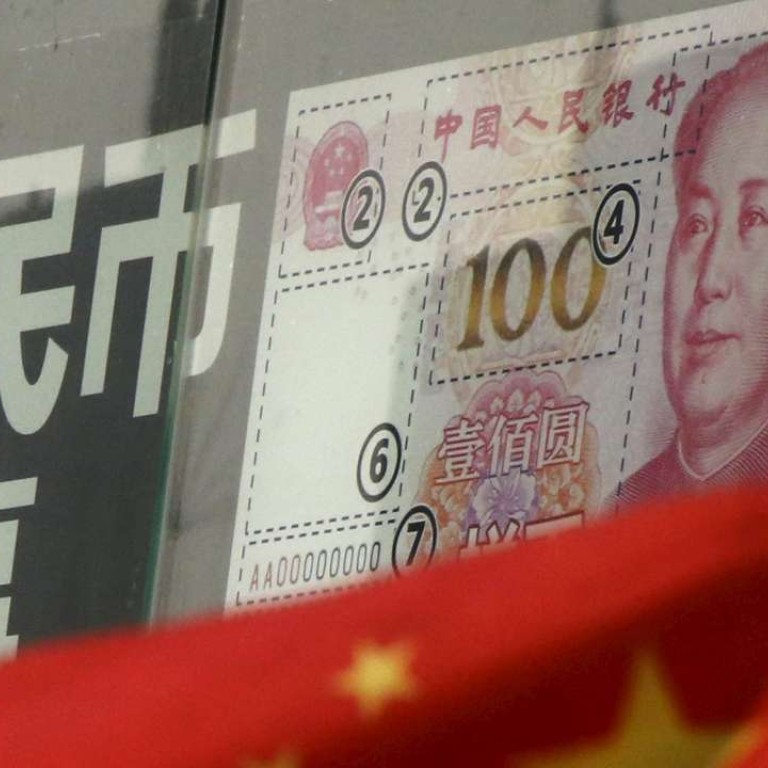
Why is everybody so afraid of Chinese investment?
Last week the following things happened: Chinese insurer Anbang made a stunning US$13.1 billion cash offer for Starwood Hotels & Resorts, but this week it looks as though the American Marriott group will still prevail despite offering less in cash. Meanwhile, Australia announced that it was tightening its scrutiny of infrastructure sales to overseas companies in light of growing Chinese investment, and in Britain a high-profile investment by Chinese investors in the world-famous Wentworth golf club suffered a setback.
In fact the company behind this investment has nothing to do with China but run by an ethnic Chinese Thai businessman. Yet, it has been caught up in the tizzy over Chinese inward investment that has led to a failure to distinguish between investors who happen to be Chinese and those controlled by PRC state corporations.
This is proving to be a problem for Li Ka-shing as he seeks to expand his power generation, port and telecoms operations overseas. The anxiety over Li Ka-shing’s growing British investments is all the more absurd because Li has been heavily criticised in China for shifting his portfolio towards Europe.
The fuss about Chinese investment, accompanied by wild talk of Chinese companies planning to take over the world, is somewhat reminiscent of the equally wild talk in the 1970s and 1980s when we were bombarded by stories about how Gulf companies had plans for world domination.
We don’t hear much of “the Arabs are coming” stuff anymore but we will definitely be hearing a lot more about Chinese overseas investment. In March the property services company Knight Frank calculated that in the last decade, Chinese investors have snapped up overseas property, stocks and bonds totalling US$1.03 trillion.
And Dealogic estimates that since just the beginning of this year, Chinese companies have been involved in overseas takeover deals valued at US$102 billion, compared with US$106 billion for the whole of 2015, which was also a record.
Looking ahead, there are confident estimates that new Chinese overseas investment will exceed that of all other players, rising to US$20 trillion by 2020. Beijing’s directive for companies to ‘go out’ appears to have exceeded expectation. China is already by far the biggest overseas investor in many developing economies but according to the Rhodium Group and the Berlin-based Mercator Institute for China Studies, which made this estimate; the bulk of new investment is shifting in the direction of developed Western countries.
This massive flow of investment funds overseas makes a lot of sense as it comes from a cash-rich economy where companies have easy access to bank loans to finance purchases and where diversification is seen as vital. In some cases it is sought to acquire technology, in others to acquire a broader base of operations and, in many cases, that they are not allowed to mention but amount to, concerns over the political risk inherent in having assets so heavily concentrated in a one-party state.
This has prompted a backlash, not least in the United States, where the government has started looking more carefully at the operations of Chinese companies. Meanwhile, the usual rabble of political opportunists are busy and successfully exploiting fears of China’s growing economic importance. Donald Trump, who looks increasingly likely to become the Republican candidate for the US presidency, almost always mentions China’s trade and investment policies at his rumbustious rallies and has a so-called plan to impose a special 45 per cent tariff on Chinese imports.
No sane person is likely to look to Trump for wisdom in these matters but the fact remains that Chinese companies do themselves no favours when they venture overseas waving large wads of cash. They want control of some very high-profile foreign corporations but seek to retain the dire levels of accountability and transparency that they can get away with back home.
Anbang, the putative buyer of Starwood, is a good example. Its ultimate ownership is shrouded in mystery. It has never published audited accounts or indeed other details about its corporate structure.
No wonder there is concern and confusion overseas.
Chinese companies have every right to invest abroad but they need to understand that they are moving into markets that require a high level of accountability and although they have the means to duck this requirement, they should not complain if being furtive gives rise to fears and misgivings. Chinese companies are far too big to be behaving like this. There is no doubt that they will become more aggressive in pursuing foreign assets but their goals will be thwarted by this lack of transparency.

